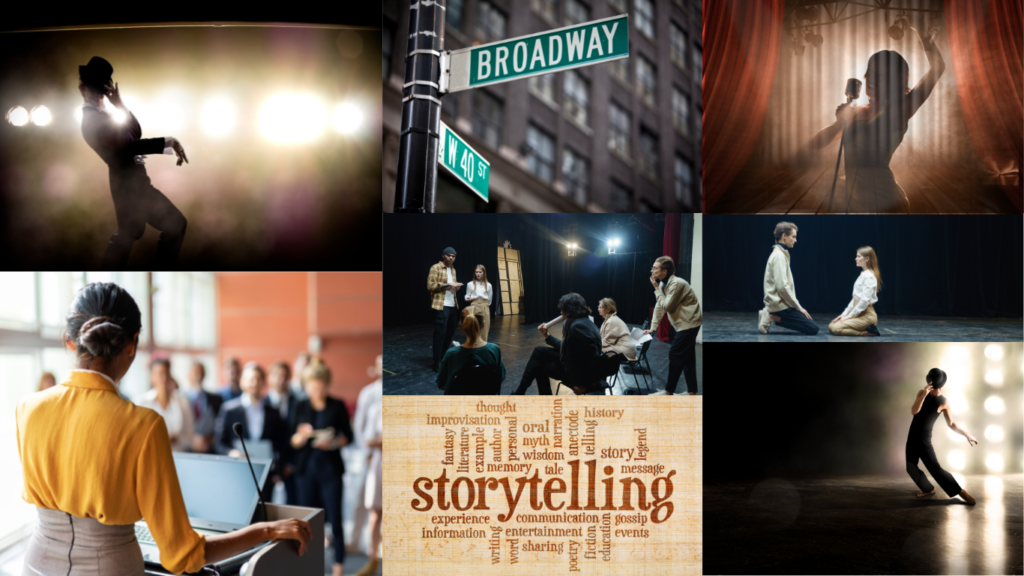
Practically nothing can be more frustrating for the listener than to miss important information because the presenter is in such a rush to share and move on. The next time you spend hours creating a deck for a presentation, take time to actually practice delivering content related to each slide you show. Become benevolent towards your audience by planning pauses throughout your presentation as well as before and after answering questions. Click Here and I can show you how that is possible.
You will also want to pause to check for understanding. Doing so can drastically minimize missed information, time spent backtracking to clarify what was said, and time spent reiterating what you meant because your audience missed what you wanted them to think, how you want them to feel, or what actions you would like your audience to take.
I recall one particular keynote I delivered at an annual conference for a group of four-hundred professionals at the Waldorf-Astoria’s Starlight Roof in New York. The topic was the importance of engaging, inspiring and motivating others in their field. Over lunch one of the conference attendees sought me out and commented on how powerful it was for him when I often paused after sharing a key point. He noted the skill as key for him in establishing me as a truly professional speaker. I thanked him and smiled knowingly.











